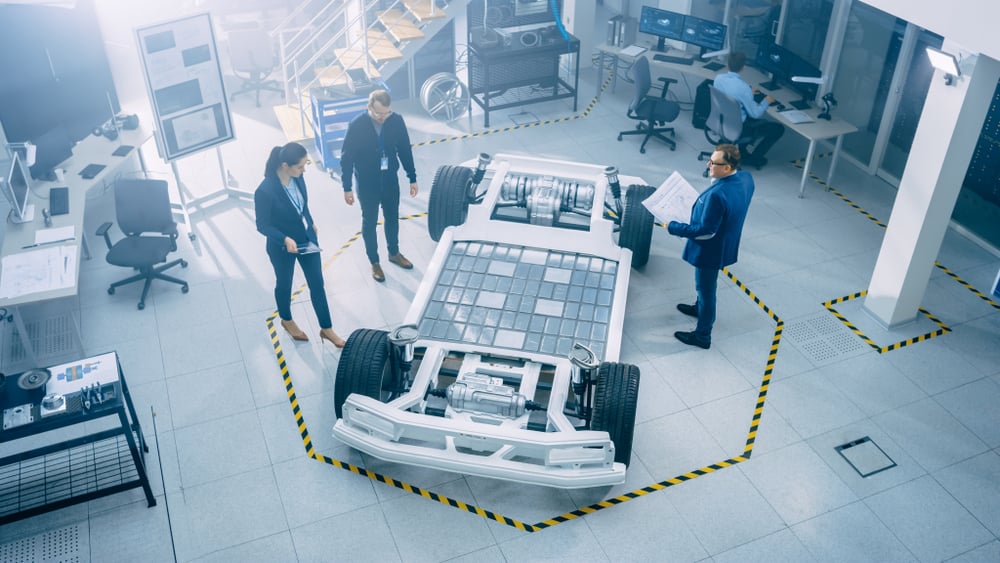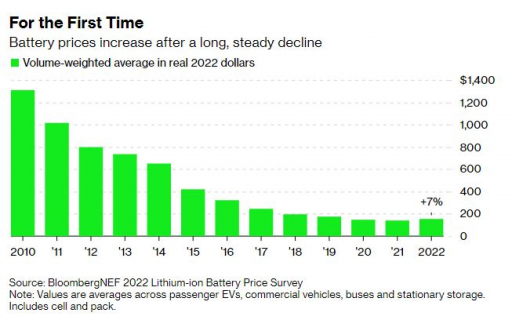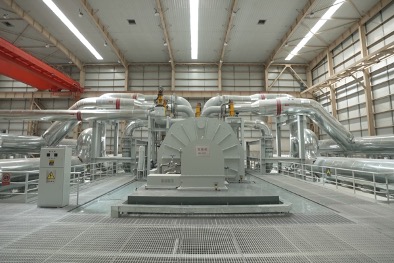Understandably , there is still a lot of anxiety regarding EV range and battery life but most of that is not based on factual data. Most legitimate calculations estimate that EV batteries should last at least 10-12 years but probably more. There are a lot of reasons for this added life expectancy compared to say a laptop or cell phone lithium battery for example which gets degraded much faster. Here are a couple articles that might help allay the misperceptions.
Did you know that EV batteries last between 15 to 20 years? Read everything about electric car battery life (and how to extend it) here (May 2023 update).

blog.evbox.com
.
.
Just to get some other myths out of the way which have been covered previously:
Lithium is not scarce. It is one of the top 25 most abundant substances on earth. It can also be recycled in contrast to fossil fuels which when burnt, are gone forever. Copper and cobalt are actually more of a commodity but these are not required as much as lithium for an EV battery.
Lithium batteries are actually much safer than gasoline. Fires can occur but there is less combustable energy in lithium batteries compared to gasoline. There is a reason why you can bring lithium batteries on a plane but not a can of gasoline.
EVs are not a niche item anymore. EVs will almost certainly take over ICE more and more each year as people learn more about their benefits. I used to love my old ICE cars both gasoline and diesel but they will one day soon become relics of the past like the steam engine. Solid state lithium batteries will make the ICE go away even quicker. Almost 50% of all new cars in Europe are EVs now. In the US, we are only at 9% but will catch up some in the next five years.
The cost to repair a brand new EV is not that all different than a new ICE vehicle. In addition, EVs don't need much maintenance and have fewer moving parts. It's just a more simple technology.
I think thats the main myths we usually see but happy to discuss others. Having owned an EV for the past 2 years I can say it's a no brainer to get one for most scenarios other than perhaps living and traveling deep into remote tundras. As much as I used to love my V8 camaro and straight 4 Audi diesel, they just seem like toy antiques right now. The convenience and better technology aside, I could not justify the added expense of running an ICE car anymore. I don't like wasting money.
Nonetheless, even if the unusually low estimate of a "5-7" year battery life were correct, the IONIQ 5 comes with a 10 year battery warranty anyway. Thus for the sake of rhetoric, we will assume that the day after warranty expired, the entire battery would need to be replaced out of pocket (the IONIQ 5 battery is modular btw so only the dead cells would need replacement but let's ignore that for the moment). The current cost to replace the entire battery would be about $15,000 (although these costs are almost certainly going to decrease in the next decade). The cost saved from not purchasing gasoline is as we said earlier at least $1,500 per year. Thus, even assuming the worst possible case scenario and no improvement in battery technology over the next decade, it would still be economical to own an EV. Further, a brand new battery pack is essentially a brand new EV. In other words, if someone offered you a decade of free gasoline as long as you replace the ICE car engine at the ten year mark, it would be worth it.
Either way, the main reason I originally got into EVs was not so much because it saves a bunch of money, is better for the environment, and easier to maintain. It's because I no longer wanted to be dependent on Russian or Saudi oil. I'd rather rely on a more earth friendly battery made 100% in Texas (if a Tesla). So even if the money was a wash, it would still be worth it to me. The fact that the EV also saves money is just a bonus.












